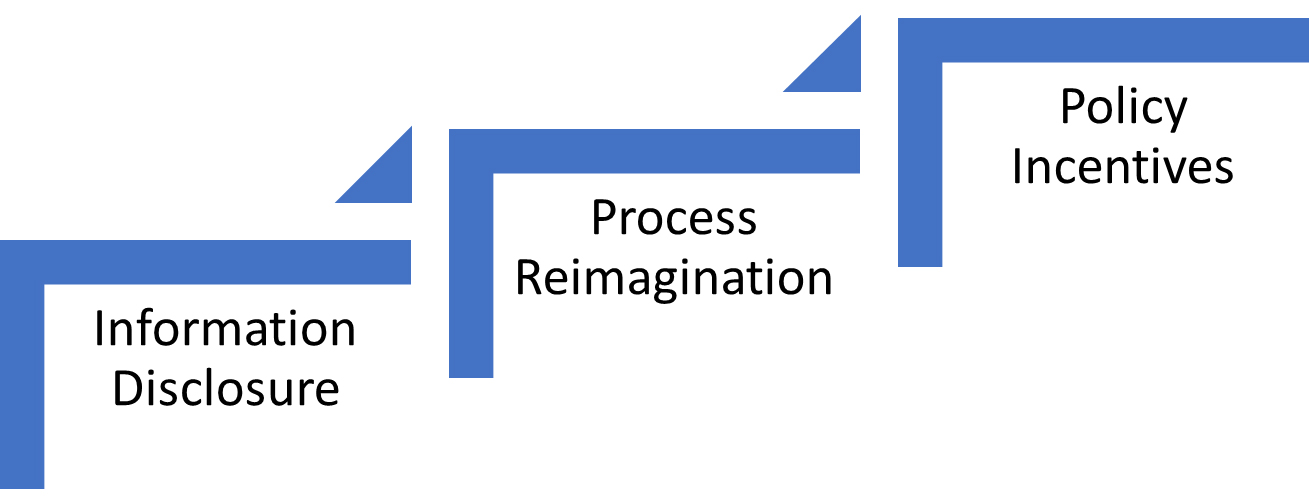 Clockwise – Sachin Kumar, Deeksha Vats, (back) Antara Bose, Manu Maudgal
Clockwise – Sachin Kumar, Deeksha Vats, (back) Antara Bose, Manu Maudgal
Manu Maudgal, Head–Corporate & Philanthropic Engagement; Sachin Kumar Director, Industry, Building & Cooling Programmes and Antara Bose, Coordinator–Corporate & Philanthropic Engagement, had a fruitful and engaging meeting with Ms Deeksha Vats, Group Chief Sustainability officer, Aditya Birla Group at the Shakti office. One of the vital points that emerged during the discussion centred around the emerging net zero development for industry, was that contrary to public perception, Indian industry does make significant seminal contributions to build India’s sustainable growth. There was consensus in the discussion group that public perception needs to be corrected by retelling the narrative in a way that brings positive focus to this issue. The fact is that net zero raises question for which several options already exist but the direction in which to move is still ambiguous. Therefore, it is vital to nudge the public and private stakeholders towards innovative solutions and actions towards net zero growth.
Some important outcomes of the exchange of views are put forth here.
Innovation @ Net Zero Growth
Indian industry today competes with the global best, unleashing competitive forces resulting in high energy and resource efficiency. Yet the reality is somewhat complex. Competition is important, but not sufficient to ramp-up sectoral energy and resource efficiencies.
The essential question before industry is how to remain competitive in a regime of high costs across energy use, manufacturing process, products, and markets. Business leaders are struggling with following questions:
- Can process GHG have alternative uses, apart from escaping via the stack?
- Can current thermal processes be entirely electrified by renewable energy?
- What alternative raw materials (including energy) can eliminate process GHG and by when?
None of these questions have an easy answer, each requires detailed and long research, demonstrations, and ecosystem preparation. India’s net zero transition seeks to take an unprecedented path to decarbonise and develop at the same time.
Net zero demands innovations that can drive a new virtuous growth cycle. The transition requires everything to happen at the same time – policy shifts, acceptance by industry players and collaborative moves towards addressing the national agenda. No segment of industry – downstream or upstream – can be ignored.
A tri-partite approach can foster innovations in multiple ways:

Information Disclosures
Innovations are directly proportional to flow of information to facilitate new ideas and cost reduction. In the conversation with Deeksha Vats, an important point that was highlighted was that marquee names of Indian Industry already disclose more than mandated. The MSME segments grappling with competitive high costs need capacity support on data monitoring and information disclosures.
The need of the hour is an incentive framework through market and/or policy signals, that can trigger more information flow across industry spectrum, e.g., preferential access to end-consumer, large public procurements, enhanced quality of peer disclosures such as on scope four emissions.
Process Reimagination
Net zero ready process innovations need access to credible information on emerging process energy, material requirements and gestation times. This will enable re-imagining answers on how to get with industrial age process efficiency constraints and think out of the box for new solutions. Where possible the information needs to be developed and maintained in public domain.
Policy Incentives
Enabling policy, especially one that is accessible to wide swathes of industry can de-risk the transition. For this one need access to high quality research and business models. Two approaches can be considered:
- Mandate investments in clean technology e.g., the mandate on ultra-critical power plants.
Craft public-private lighthouse demonstrations of high-risk technology and map risks e.g., carbon capture, utilisation and storage technology carry multiple
